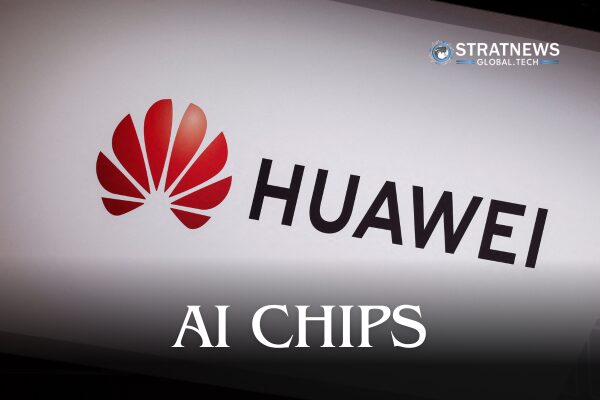Huawei Unveils AI Chip Plans to Boost China’s Tech Independence
Huawei has revealed its long-term strategy for developing artificial intelligence (AI) chips, marking a major step in China’s efforts to reduce reliance on foreign technology suppliers such as Nvidia.
At its annual Connect conference in Shanghai, Huawei outlined its roadmap for Ascend AI chips and Kunpeng server chips. This public disclosure signals growing confidence in China’s domestic chip industry and intensifies the ongoing technology rivalry between China and the US.
Major Advances in AI Hardware
Eric Xu, Huawei’s rotating chairman, stated that the company plans to launch new AI chips annually, with each version doubling computing power. The next-generation Ascend 950 chip will debut in 2026, followed by the Ascend 960 in 2027 and the 970 in 2028. Huawei introduced its current chip, the Ascend 910C, earlier this year.
The company also showcased plans for powerful computing systems called supernodes. These systems link thousands of chips for high-speed processing. The upcoming Atlas 950 will support 8,192 Ascend chips and is scheduled for release in late 2026. In 2027, Huawei will launch the Atlas 960, which will support 15,488 Ascend chips. Xu claims these systems will outperform global competitors on every key metric.
Huawei is also preparing updates to its Kunpeng server chips, with new models set to launch in 2026 and 2028.
Strategic Timing Amid Trade Tensions
Huawei’s announcement comes as tensions between China and the US continue to rise over advanced technologies. Chinese authorities recently accused Nvidia of violating anti-monopoly laws and instructed tech firms to halt purchases of its AI chips, according to media reports.
The move is likely intended to send a strong message ahead of a planned meeting between Chinese President Xi Jinping and former US President Donald Trump. According to experts, China aims to demonstrate that its tech sector is progressing and capable of innovation despite international pressure.
China’s Push for Chip Independence
Since being placed under US sanctions in 2019, Huawei has focused on building China’s chipmaking capabilities. The firm now claims to produce high-bandwidth memory, a technology long dominated by South Korean giants Samsung and SK Hynix.
Analysts say Huawei’s progress suggests China is overcoming barriers in chip production and gaining confidence that US export controls may no longer pose a major obstacle. However, engineers at Chinese firms admit that Nvidia’s chips still offer superior performance.
One chip distributor in China reported receiving verbal instructions to stop buying Nvidia products and to sell only stockpiled inventory. This aligns with broader Chinese efforts to prioritise home-grown solutions and maintain control over tech supply chains.
with inputs from Reuters


